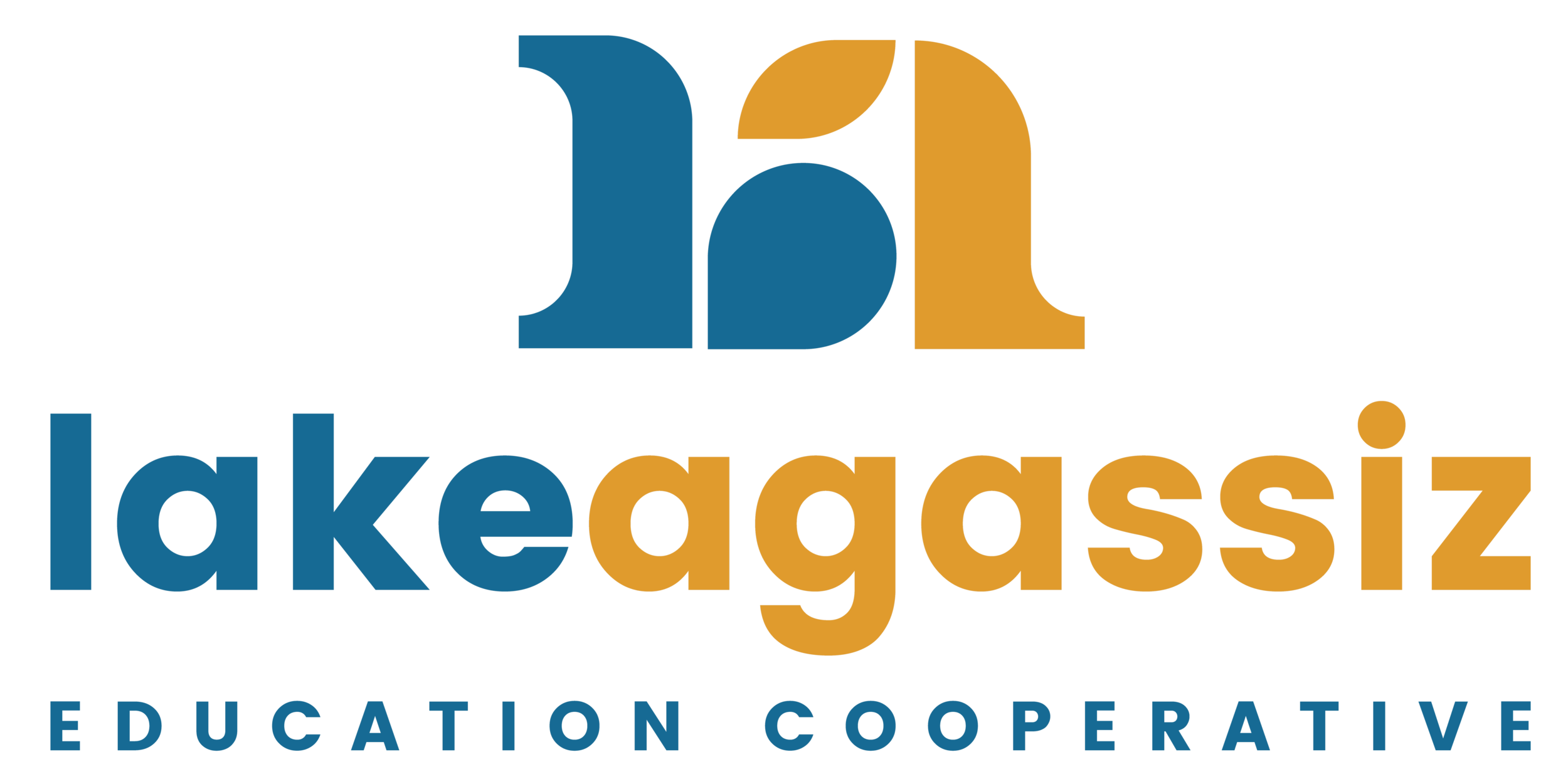Early Childhood Special Education
What is the Early Childhood Special Education Program?
Lake Agassiz provides services to all children across the Cooperative from birth to Kindergarten that shows a need for specialized services. Services are broken into two main categories Part C (Birth - 2.11) and Part B (3.0-Kindergarten). The primary focus of Part C is to support the child's family within the natural environment. Part B includes special education and related services appropriate to meet the educational needs of a child in the general education environment to the greatest possible extent.
If you have any concerns about your child's development, referrals can be made through Minnesota's Department of Education Website - Help Me Grow
Part C - Early Intervention Program (Birth - 2.11)
Early Intervention is professionals working in partnership with parents and families of children to support their children’s growth, development, and learning. Early Intervention happens in places where children and families live, learn, and play; the child’s home, daycare, and community.
Parents know their children the best, and they are the most important people in his/her life. As a team, we will work together to find out how the child learns best and what motivates him/her. We will work together to find ways that parents can help their children learn throughout the day. Parents/Guardians are critical team members, and their input is valued and respected!
Why is Early Intervention important?
Research tells us that the first three years of a child’s life are critical years for learning and that they learn best through everyday experiences and interactions with familiar people. You, as parents, know your child best, and can make sure that these years are wonderful times to laugh, play, and learn from and with your child. This means that what happens in between visits with therapists and professionals, with the family during their normal routines, is the most important.
Our job as early interventionists is to share our knowledge about child development and resources with the family in a supportive manner so that they can help the child learn. During a visit, we may discuss ways that they can work on helping their child sit by themselves, feed themselves with a spoon, use words to let you know what he wants, or help with temper tantrums. These are just a few examples of some of the things that we may work on together.
Evaluation
Before starting early intervention services, a comprehensive evaluation will be completed looking at all areas of development including motor, communication, cognitive, social-emotional, and adaptive skills. This information will be used for eligibility for early intervention services and will show us the child’s strengths and any areas of development that might benefit from early intervention support. All of the child’s information is confidential and will not be shared with others without the parent's permission.
Individual Family Service Plan
We will write a plan called the Individual Family Services Plan (IFSP) that will talk about the child's strengths and areas that you would like more help with. This plan will be reviewed every 6 months. There will primarily be one person that comes into the child's home or daycare to work with them, but there are consultants (PT, OT, Speech) available that will come periodically to discuss specific questions you may have and give suggestions. All of the services that we provide are free of charge.
Transition
When the child turns 2, we will begin discussing the transition from the early intervention program and what services are available when the child turns 3.
Part B - ECSE ( Three Until the Child Starts Kindergarten)
Early Childhood Special Education (ECSE) provides early intervention services to students that show a delay in two or more of the following areas: Speech and Language, Gross and Fine Motor, Social/Emotional/Behavioral Skills, Cognitive, Adaptive/Self Care Skills, and Vision or Hearing Loss.
The process starts with a referral, made by parents, teachers, daycare providers, or community professionals. An evaluation is conducted to determine eligibility and to identify specific needs. Children can be referred to your local ECSE contact or through the Help Me Grow website (see above).
After the evaluation, the school team and parents discuss evaluation results, decide if special education services are warranted, and develop an Individualized Education Plan which describes the services the child will receive. These services will be provided in the Least Restrictive Environment (LRE) and may include settings such as Head Start, community-based programs, childcare settings, and/or the home. Special education services can be provided as long as a child is eligible.
If a child does not show a delay and does not meet eligibility criteria, the team will suggest ways parents can continue to support their child's development and may include information on community resources such as Early Childhood Family Education, Head Start, and preschool.
If you have any questions about ECSE services, feel free to contact Lake Agassiz staff at (218) 483-5678.

